

Postgraduate Science and Health Courses
The MSc in Physiotherapy (Pre-registration) is a Level 9, 180 ECTS credit programme, delivered full time over two years and in person. Students undertake 90 ECTS per year distributed over 3 semesters, (Semester 1, Semester 2, Summer period). All modules are core modules, designed specifically for the programme.

The core curriculum of this programme, delivered by an interdisciplinary group of experts, gives students the knowledge, skillsets and experiences required to understand and support health and social inclusion in Ireland and abroad.
Modules include:

The core curriculum of this programme, delivered by an interdisciplinary group of experts, gives students the knowledge, skillsets and experiences required to understand and influence health and social inclusion in Ireland and abroad.
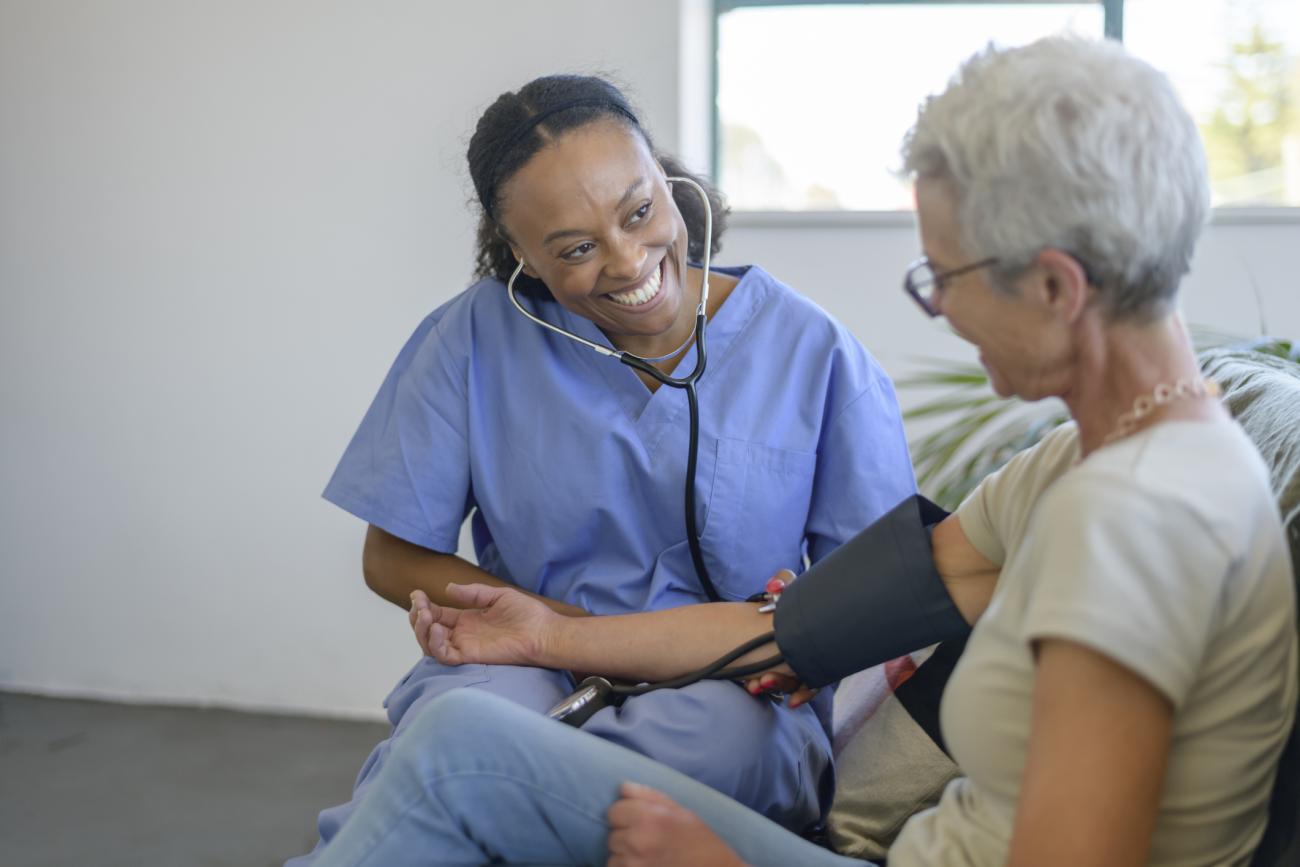
The Graduate Diploma in Specialist Nursing is a one-year, part-time programme delivered in a flexible, blended-learning format using a mix of face-to-face, online learning activities and learning in the practice context. The Graduate Diploma in Specialist Nursing offers two specialist pathways, students must choose one of the following:

The MSc in Specialist Nursing is a two-year, part-time programme delivered in a flexible, blended-learning format using a mix of face-to-face, online learning activities and learning in the practice context. This enables students to consider how their learning impacts their field of practice in improving health and wellbeing outcomes, and ensures the acquired knowledge supports their professional development in their working environment.

The MSc in Child and Family Health and Wellbeing will appeal to recent graduates and early or mid-career professionals who work with, or who aspire to work with children, young people and their families in various capacities. The programme is suitable to individuals from across different disciplines, including, but not limited to, nurses, allied health and social care professionals, and related areas such as those working in community, voluntary and non-governmental organisations.
The programme aims to deepen the knowledge, skills and competence of students to:
The Graduate Diploma in Child and Family Health and Wellbeing will appeal to recent graduates and early or mid-career professionals who work with, or who aspire to work with children, young people and their families in various capacities. The programme is suitable to individuals from across different disciplines, including, but not limited to, children’s nurses and other nursing disciplines, allied health and social care professionals, and related areas such as those working in community, voluntary and non-governmental organisations.

The Graduate Certificate in Women’s Health (Sport and Exercise) comprises of three individual modules (10 ECTS credits each) that focus on women’s health and female athlete health in a cohesive holistic manner throughout their lifespan.
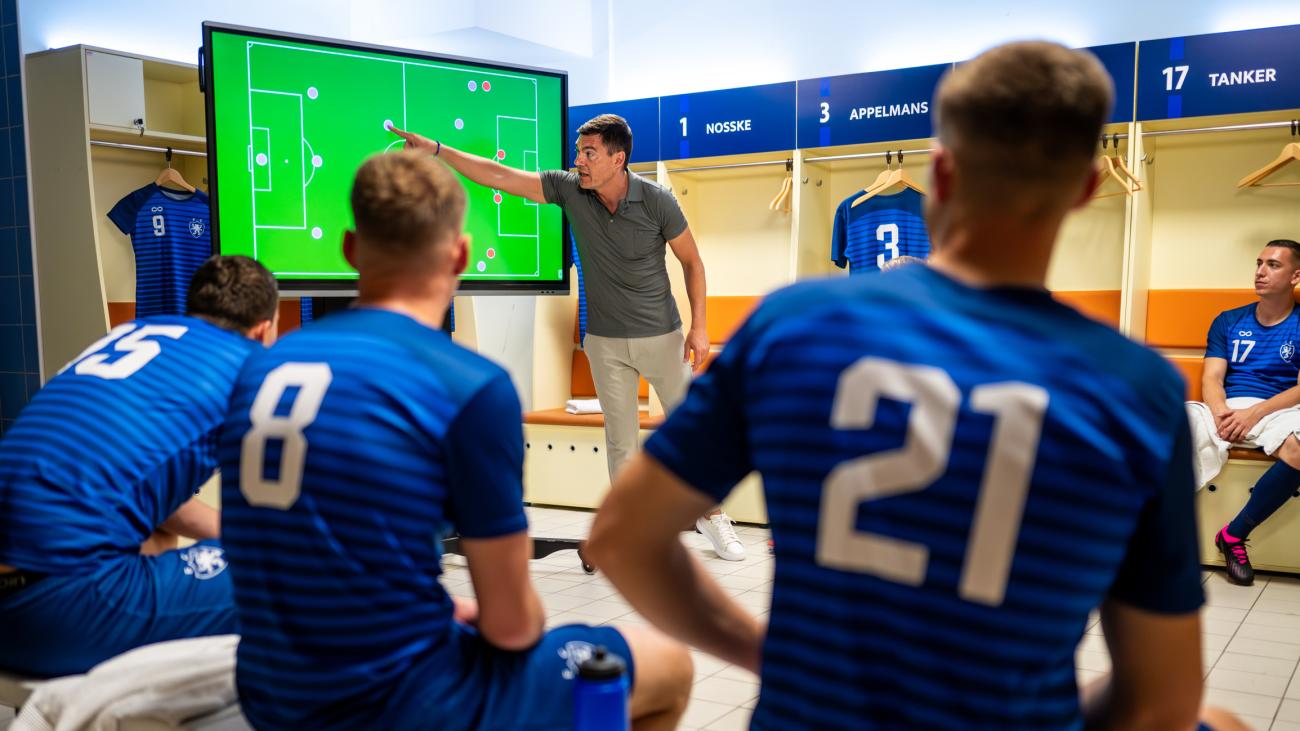
The programme comprises both research and taught elements.
Modules 1 - 4 comprise modules (60 ECTS) that critically reflect on theories and practice of sport performance, develop an advanced understanding of research methodologies and skills, and provide students an opportunity to relate this knowledge and understanding to their own applied and professional context.
Module 5, the DProfElite (Sport) Thesis (180 ECTS), involves the completion of a research project and thesis.

The MSc in Elite Sport Performance provides appropriately qualified early-career sport professionals across relevant sport performance disciplines (e.g., sport science and coaching) with the opportunity to acquire advanced subject knowledge in their field.
We offer candidates the opportunity to engage in interdisciplinary study that allows them to investigate issues in elite sport performance.
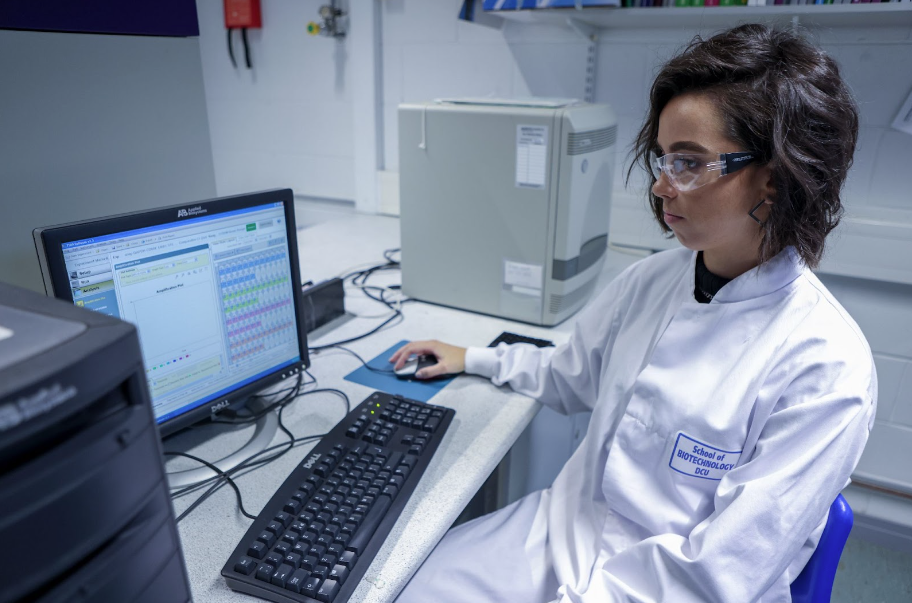
Multidisciplinary in nature, this programme appeals to a wide range of candidates from across sectors who work with or are planning to work with biomedical therapeutics, including but not limited to life scientists, professionals from the Biopharma and BioPharmaceutical, Biotechnology, Diagnostics and/or Healthcare industries and medical practitioners (including GPs, clinicians-in-training, and specialist nurses).

The course involves three main strands: Astrophysics, General Relativity, and Computational Science and Data Analysis. All topics are covered in the first semester of the course, laying the foundations for the advanced study of these topics in the second semester.
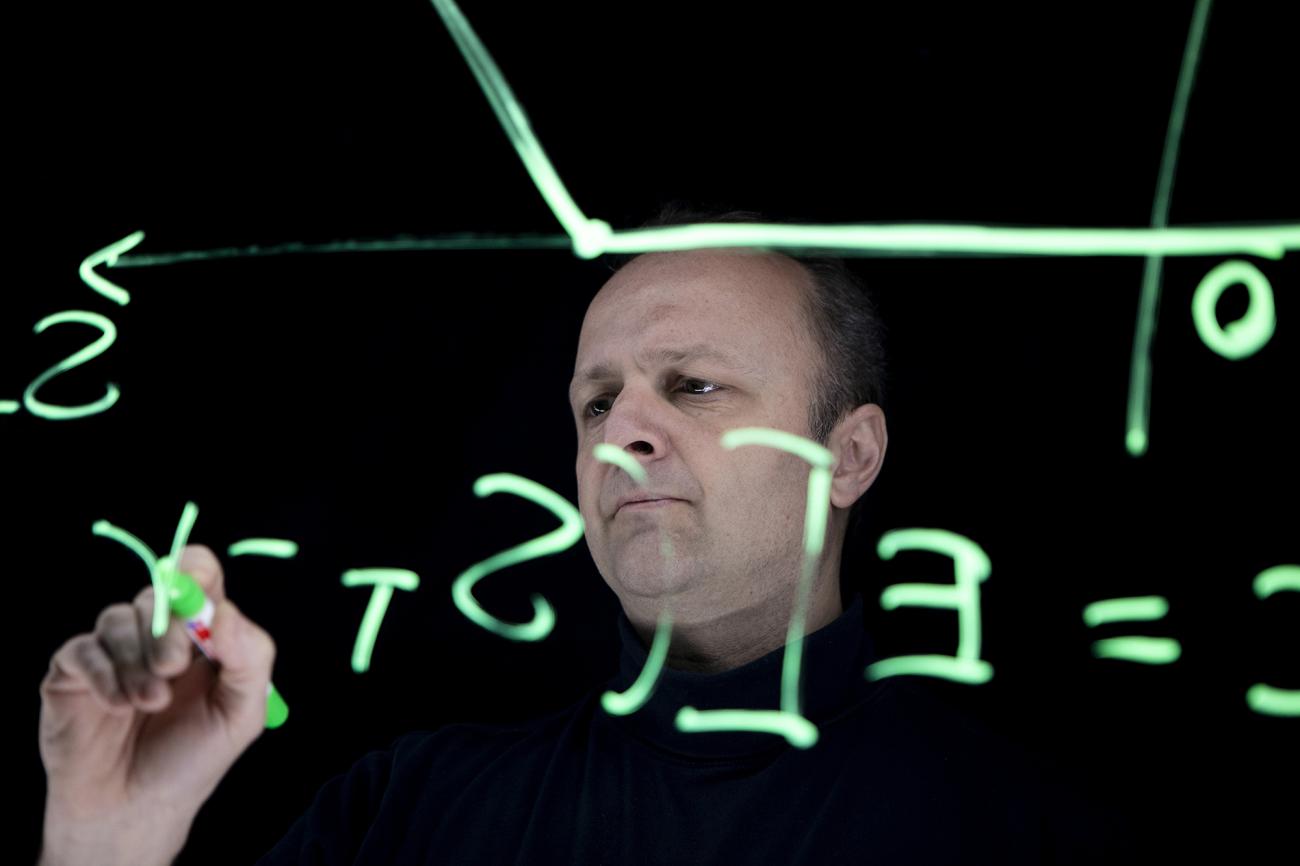
Established in 1996, this programme is the first M.Sc in Financial Mathematics in Ireland and one of the oldest in Europe.

The programme is delivered via a hybrid approach of face-to-face teaching and online delivery of modules, together with hands-on experience in a research laboratory.
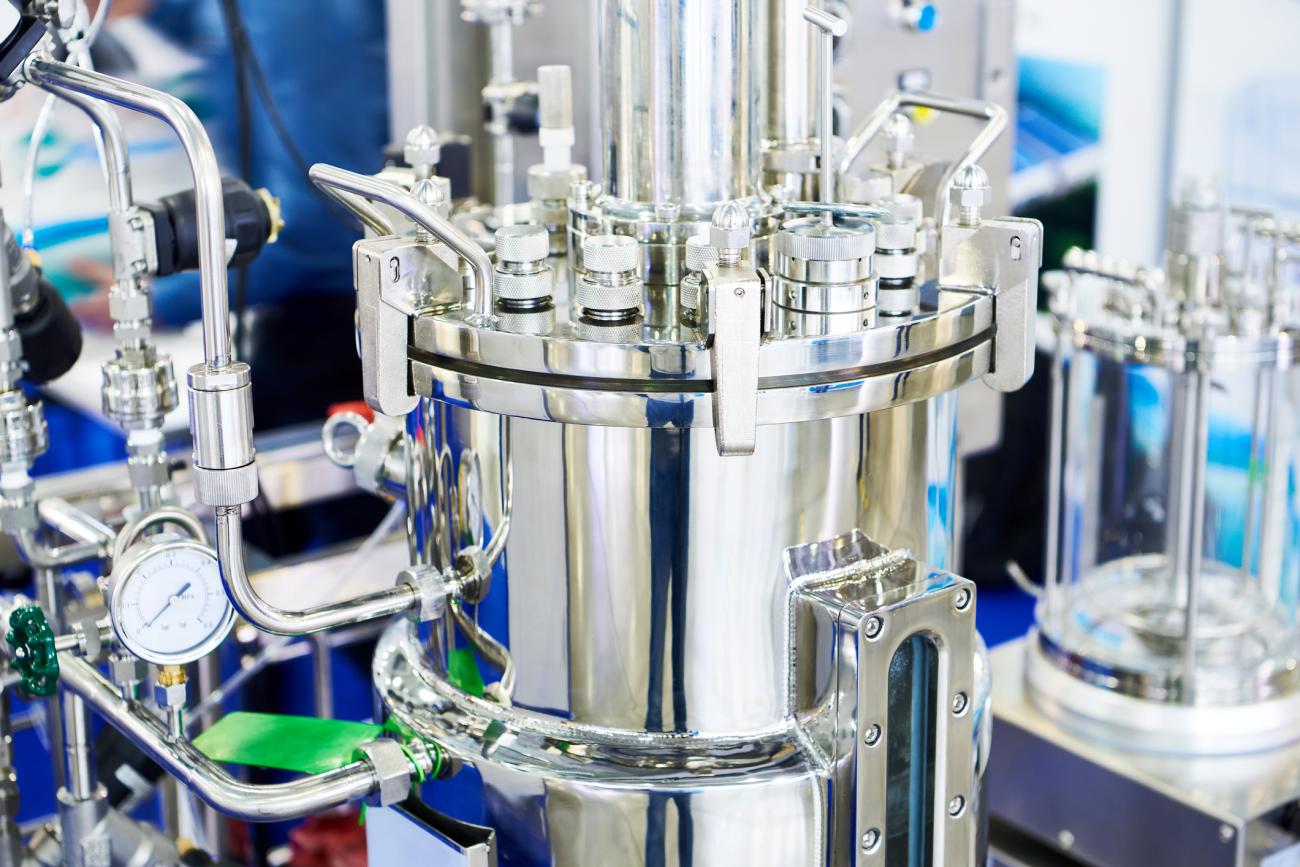
This course has been designed to:

This course is a one-year, intensive, full-time MSc, which has been fully accredited by the Psychological Society of Ireland. Classes are timetabled for between 20-30 hours per week each semester.

The 90-credit programme is offered on both a one-year full-time and two-year part-time basis.

The Professional Diploma in Clinical Supervision provides a comprehensive, university-accredited training in the dominant theoretical approaches, conceptual models and modes of clinical supervision, taking an integrative, relational and evidence-based approach to supervision practice. It comprises two modules and the indicative content is as follows:

The MSc in Psychotherapy is a four-year part-time professional training programme at Level 9 NFQ (120 credits). Students may exit after two years with a Graduate Diploma in Psychotherapy (60 credits; although please note that the Graduate Diploma is not a qualification to practise psychotherapy).
The Professional Diploma in Teaching Physics (PDITP) programme is delivered by Dublin City University in collaboration with the University of Limerick & University of Galway. This programme will be offered on a part-time basis and will deliver 75 ECTS of programme modules over two academic years, commencing in January. All modules will be assessment on the basis on 100% continuous assessment. The programme will align to the DCU

The objectives of the course are to enable candidates to acquire:

This one-year, part-time, online programme begins in September, and comprises three core modules.
